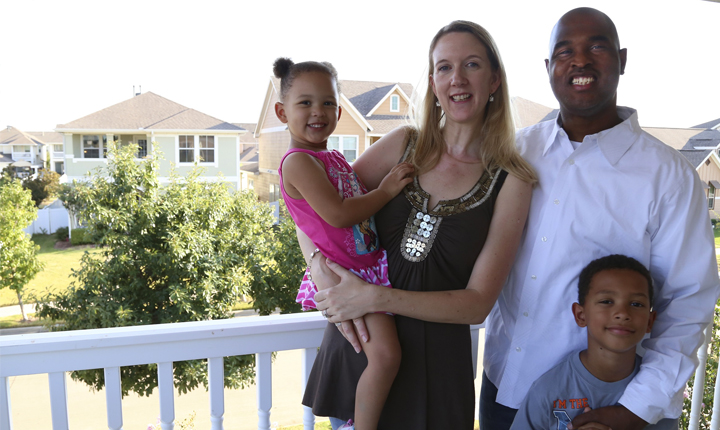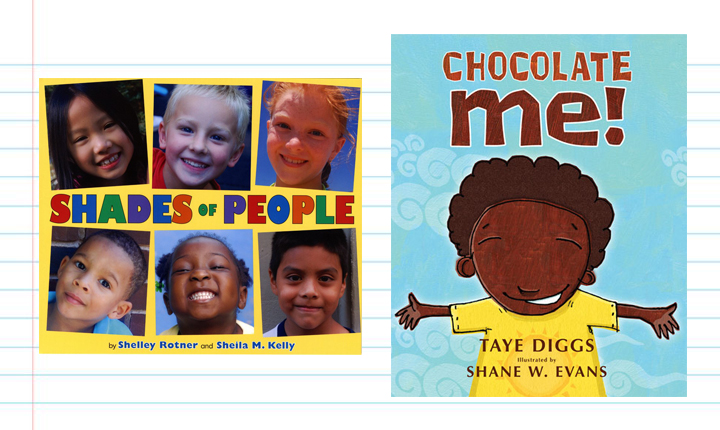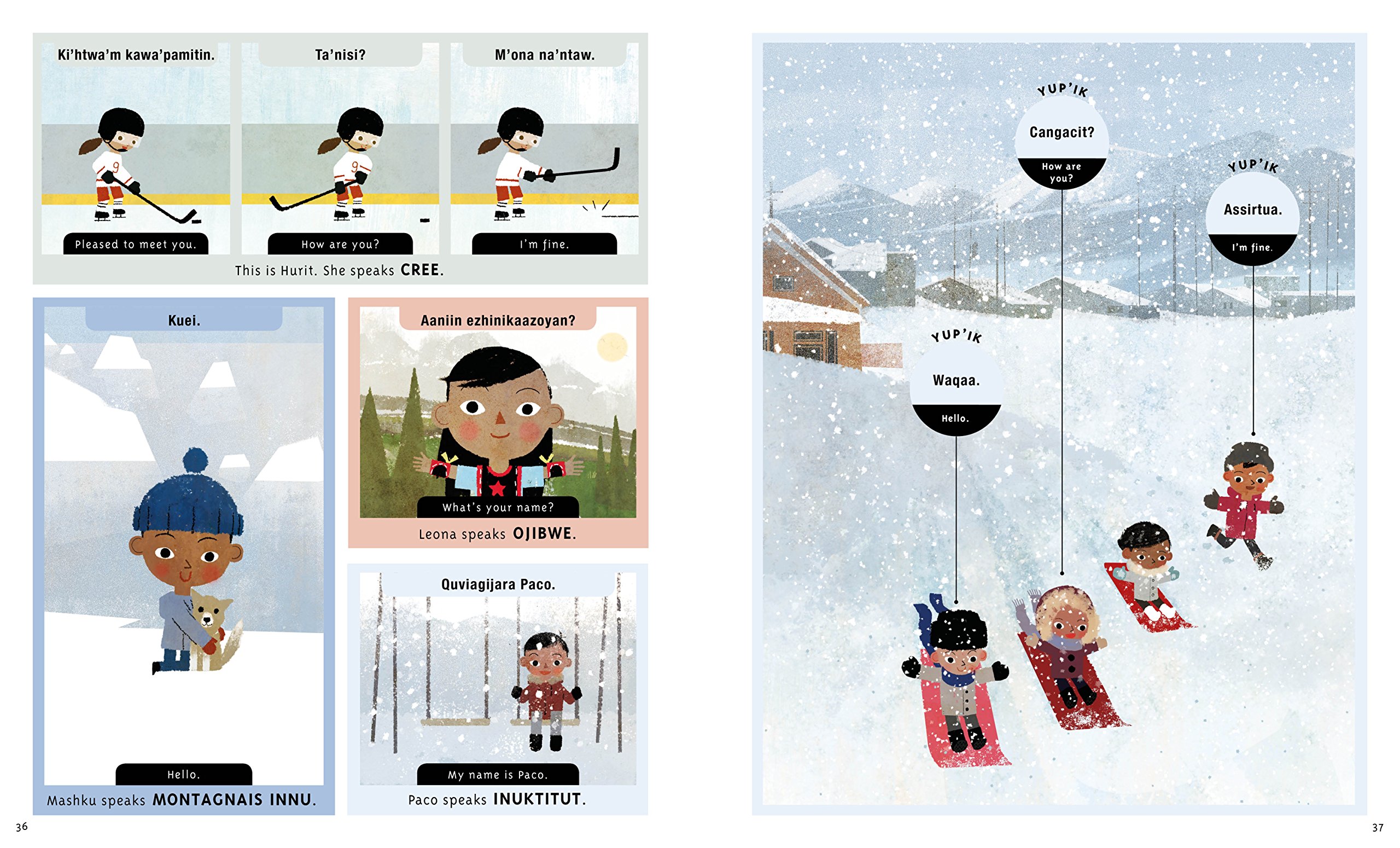The Longest Shortest Time
EPISODE #116: How to Not (Accidentally) Raise a Racist
Last year we did an episode with our friend and editorial board member Anthonia Akitunde about her website mater mea, which is focused on Black motherhood. In that show, we focused a lot on how these women have addressed racism with their kids. Which then prompted a listener named Wanda to wonder how white parents talk to their kids about race—and she wrote in, asking us if we could put together an episode on what it sounds like when “white families get this right.”
We were very excited by this idea, so we called in an expert: Dr. Brigitte Vittrup.

Brigitte and her family
Brigitte is an associate professor of early childhood development and education at Texas Women’s University, and she’s focused a lot of her research on children’s racial attitudes and how parents influence those attitudes. Brigitte has also had a lot of personal experience talking about race because her husband is Black and her two children are mixed race.
Tune in to this fascinating conversation for a primer on how to make your kids more openminded and egalitarian, including answers to questions that YOU asked Brigitte!
* This episode focuses on white parents talking about race with their kids, but we’ve covered talking about race from other points of view on the show in episodes #99 When Grace Lin Realized She Was Chinese, #85 Dispatches From Black Motherhood, #59 Mama Don’t Understand, among others!
Resources for Talking to Your Kids About Race
We hope our episode helps you get started in a lifelong conversation with your kids about race. Here are some resources to keep the dialogue going.

Books Brigitte Recommends
The age ranges below are merely suggestions; use your judgment as to which books are a good match for your child!
For preschoolers: Shades of People by Shelley Rotner and All the Colors We Are: The story of how we got our skin color by Katie Kissinger are both full of beautiful photos of kids from diverse ethnicities. The latter includes a scientific explanation of why people have different skin colors.
For grades K-2: Chocolate Me! by Taye Diggs and Amazing Grace by Mary Hoffman are picture books featuring Black protagonists, with strong messages of self-affirmation in the face of discrimination. The Skin I’m in: A First Look at Racism is written by psychotherapist Pat Thomas, and encourages children to be comfortable with differences in skin colors among their friends.
For grades 3+: Who Belongs Here? by Margy Burns Knight and My Name is Bilal by Asma Mobin-Uddin are complex stories that promote compassion for immigrants.
We also love: The Hello Atlas by Ben Handicott. This book includes charming illustrations by Kenard Pak, demonstrating the variety of skin tones, landscapes, and languages of cultures around the world. There’s even a free app where you can hear real children speaking sentences in dialects that correspond with the book.

Excerpt from The Hello Atlas
Videos Brigitte Recommends
Teaching Tolerance, a project of the Southern Poverty Law Center, has videos and teaching kits to help educators talk about diversity, equity,and justice. Teachers can order these kits for free. Educators of young children may want to try Starting Small: Teaching Tolerance in Preschool and the Early Grades.
White Like Me: Race, Racism, & White Privilege in America is a documentary by Tim Wise. You can watch the entire film here:
Being Muslim in America (and MIT) in 2016 is a videotaped panel discussion on how Donald Trump’s rhetoric about Muslims influences public opinion and impacts the daily lives of Muslim-Americans—and what can be done to combat this type of discrimination.
Resources on the History of Racism & White Privilege
If you’re looking for some basics about race and racism in America, start here.
Raising Race Conscious Children is great for helping you translate that stuff to kids. Same with Embrace Race and Teaching for Change.
If you want to get actively involved in the anti-racism movement, try Showing Up for Racial Justice.
If you’re the white parent of a mixed race child, read this.
If you want some thought provoking reading on privilege, white guilt, and racial politics, check out this primer on white privilege by Lori Lakin Hutcherson; this essay on white guilt and reparations by Eula Biss; and Between the World and Me by Ta-Nehisi Coates. (This is the book that listener Clay mentions in his question!)
And if you’re looking for great children’s books with diverse characters, check out We Need Diverse Books.
How have YOU talked to your kids about race and racism?
Do you think you’ll approach their questions any differently after hearing Brigitte’s thoughts? Share below!
Our sponsors for this episode are Squarespace, Wunder Capital, Total Wireless and Third Love. Use the promo codes at checkout for a special discount.
The Longest Shortest Time may earn a small commission from products linked on this site. Using our affiliate links helps support our work.